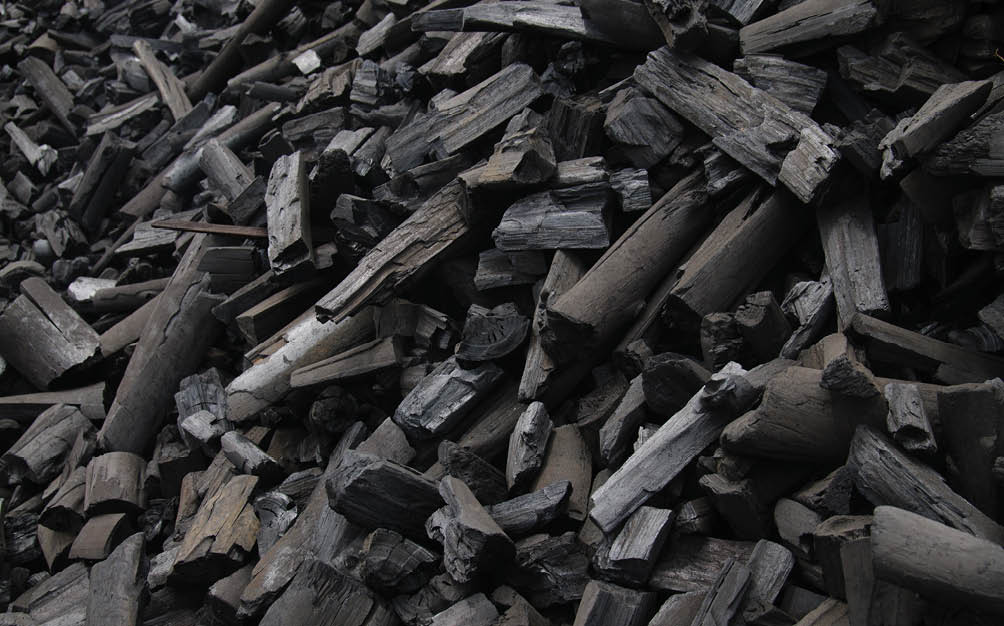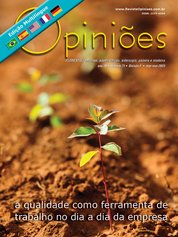Anna Carolyna Fernandes Ferreira
Specialist in Forest Management at Aperam BioEnergia
OpCP71
Site-specific forest management: challenges and opportunities
In 2022, the total area of forests planted in Brazil with species of the Eucalyptus genus was 7.5 million hectares, ranking first in the world ranking of productivity. The leading role of the Brazilian forestry sector is mainly due to the adoption of good forest management practices, genetic improvement, favorable edaphoclimatic conditions and, above all, innovation.
Eucalyptus plantations are present in all regions of the country, covering different altitudes, topography, average annual temperatures, rainfall and soil types. This variability represents a range of sites with different productive potential, requiring specific conditions of use and management for each one.
In Brazil, for example, there are thirteen soil classes, some of which can be classified up to the fifth categorical level, comprising a wide variety of soil environments containing soils with different degrees of natural fertility, physical and biological properties. This diversity highlights the need for the forestry sector to manage forests in the most specific way possible, addressing all applicable technical aspects.
In this scenario, the journey to reach potential productivity levels requires in-depth knowledge of the site-specific characteristics of each region, thus allowing the construction of a solid forest management strategy. In addition, it is important to emphasize that a good technical recommendation must be supported by the quality of silvicultural operations to guarantee the assertiveness of the forest management carried out. It is imperative that companies have a quality management body for their processes, which will ensure that the recommended management is carried out with the necessary efficiency and rigor.
Together, these practices make up precision forest management, resulting in increased productivity, lower costs, improved operational performance and forest sustainability. Thus, the idea that there is a “ready recipe” for forestry in Brazil is completely in the past, since the variety of environments requires the diversity of technical recommendations.
Many management recommendations in forest plantations are still carried out considering only the management of fertilization as a personalized feature, through the definition of average fertilizer doses per site, generally defined after chemical and physical analysis of the soil.
However, other site-specific recommendations can and should be carried out, such as the choice of the most suitable genetic material for each region, planting spacing considering each climatic profile, fertilization calculated based on the nutritional need of each genetic material, the time of fertilization for each clone versus planting time, specific inputs for each time of the year, among other strategies, constitute the solid bases for reaching potential productivity.
In order to reach this level of rigor in technical recommendations, investments in research and development are essential for any forest enterprise that seeks competitiveness and leadership. Aperam, a global leader in the production of 100% green steel, certified in carbon neutrality and a pioneer in the development of genetic materials with high productive and technological potential, has a planted area of approximately 76,000 hectares certified by globally recognized institutions.
The company's main vein is innovation and has always invested in research and forest development aimed at increasingly precise, personalized and sustainable forest management. As a result of these investments, the technical recommendations are always robust and solid and also seek to contemplate the opportunities and technologies developed in situ. Currently, one of the innovative opportunities spearheaded by the company is the application of Biochar in commercial plantations, as a soil conditioner and driver of carbon dioxide removal.
It is known that climate is primarily responsible for the content of organic matter in soils in tropical regions, due to conditions of high temperatures and precipitation. Agribusiness is responsible for about 30% of national emissions of greenhouse gases, therefore, management practices aimed at increasing the stock of carbon in the soil are essential to guarantee the sustainability of forestry production.
Today, biochar is applied in Aperam's forests BioEnergia operationally. In addition to enhancing carbon sequestration, we see other benefits generated by the use of this product as: the improvement of the soil's ability to exchange cations, greater water retention capacity, improvement of aggregate stability, increased porosity, increased microbial biomass of the soil, better development of mycorrhizae, improvement of the root system, among others. In this sense, pioneering actions like this, investing in quality technical recommendations that reflect the reality of each region, place companies at high levels of excellence and extremely competitive in the market.





